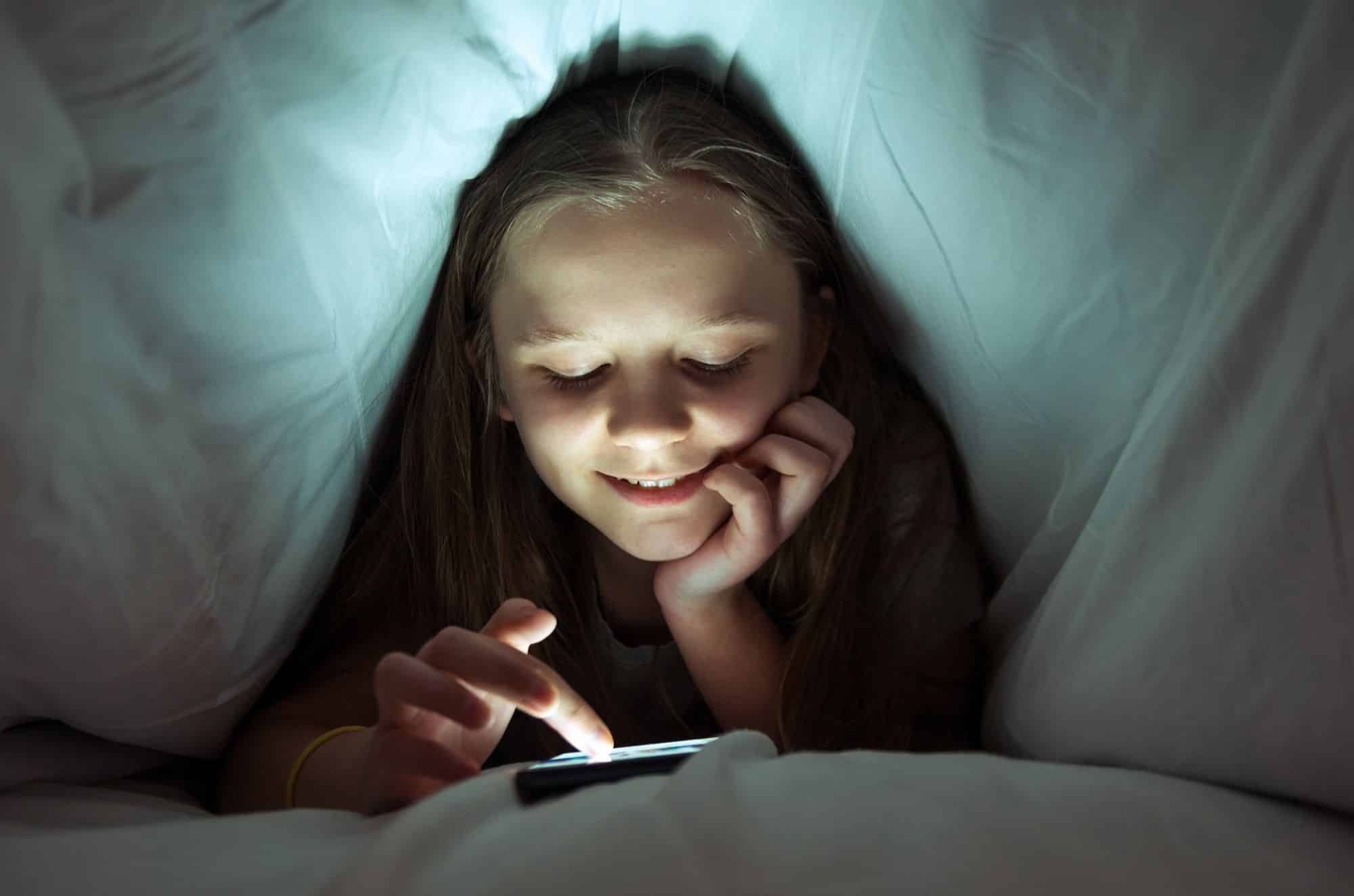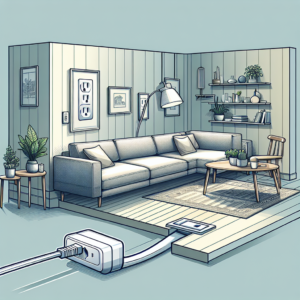Prolonged exposure to electronic devices at night, a phenomenon known as vamping, has become increasingly relevant among teenagers, especially during the summer. This trend is evident in the long hours young people spend in front of screens—phones, computers, and gaming consoles—which can have serious implications for their physical and mental health.
The act of staying up late may seem innocent, even a way to enjoy free time, but the consequences are concerning. The blue light emitted by these devices interferes with the production of melatonin, the hormone responsible for regulating sleep, preventing the body from reaching an adequate state of relaxation. As a result, many teenagers experience lower sleep quality, with difficulties falling asleep and an increase in nighttime awakenings.
Gloria R Ben, an expert psychologist from Qustodio, points out that sleep problems can create a vicious cycle. Lack of rest not only causes irritability and apathy but also reduces the ability to engage in meaningful activities. Furthermore, the desire for immediate gratification through digital consumption can intensify feelings of emptiness, contributing to greater mental fatigue.
To address this issue, experts recommend several strategies that families can implement in the daily lives of their younger members. One key suggestion is to disconnect from devices at least an hour before bedtime, promoting relaxing activities that prepare both the mind and body for rest. It is also emphasized that adults should lead by example, demonstrating the importance of unplugging.
Moreover, creating judgment-free dialogue spaces is essential. Many teenagers are aware of the negative effects of poor sleep, but they feel that the immediate rewards of being connected justify their lack of rest. Therefore, it’s vital to listen to their concerns and work together to find realistic alternatives that help them tackle this challenge.
Source: MiMub in Spanish










